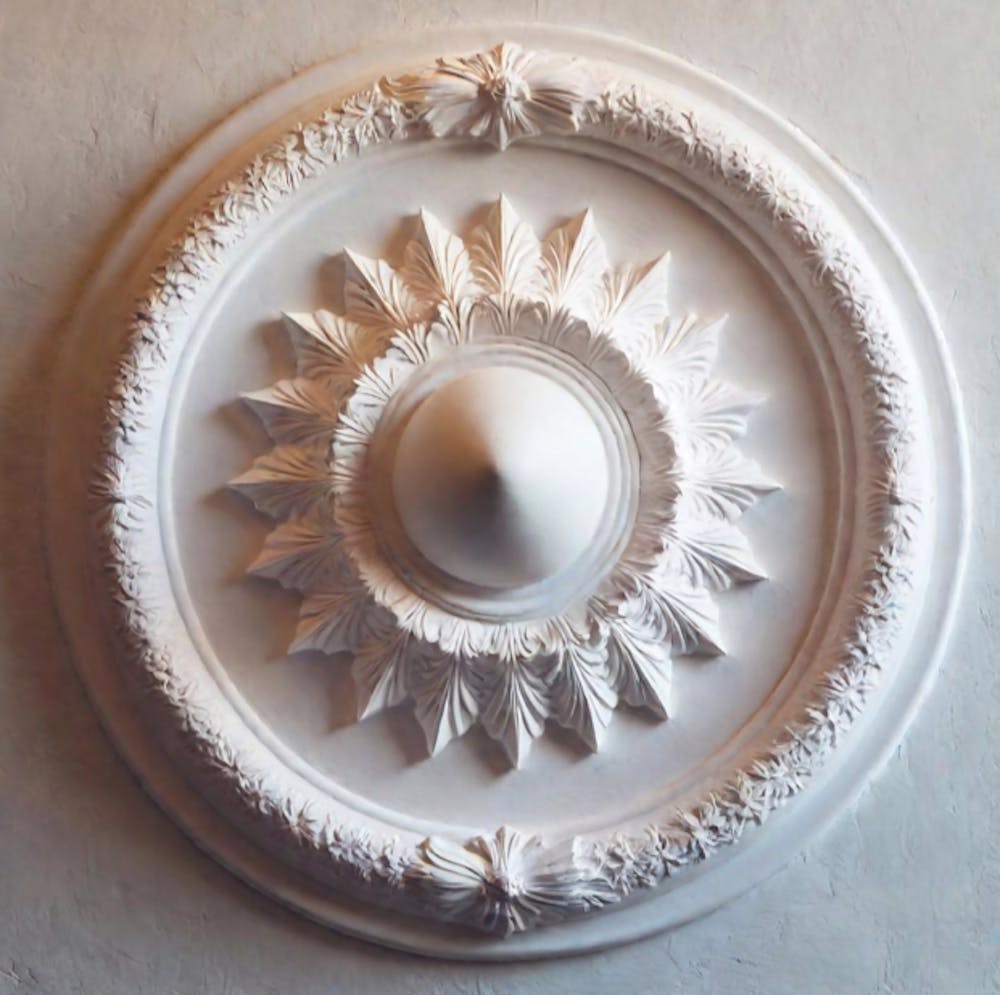Ceiling roses are a timeless architectural feature that can add elegance and character to any room. Choosing the right one for your space can be a daunting task, given the wide variety of designs, sizes, and styles available. To help you make the perfect choice, here are some key considerations to keep in mind.
Consider the Style of Your Home
The first step in choosing the right Plaster Ceiling Rose is to consider the overall style of your home. If you have a period property, you may want to select a design that is in keeping with the architectural style of the era.
For instance, Victorian homes often feature intricate, ornate ceiling roses, while Georgian homes may have simpler, more symmetrical designs. Modern homes, on the other hand, may benefit from minimalist, streamlined ceiling roses that complement a contemporary aesthetic.
Match the Size to the Room
Size is an essential factor when selecting a plaster ceiling rose. A ceiling rose that is too small can look lost in a large room, while one that is too large can overwhelm a smaller space. As a general rule, the diameter of the ceiling rose should be in proportion to the size of the room and the ceiling height.
For larger rooms with high ceilings, consider a more substantial, more elaborate design. In contrast, smaller rooms with lower ceilings may require a more modest, less detailed rose.
Coordinate with Your Light Fixture
Your choice of ceiling rose should complement your light fixture. Whether you have a chandelier, pendant light, or flush mount, the ceiling rose should enhance the fixture, not compete with it. For instance, a grand chandelier may require an ornate, detailed ceiling rose, while a modern pendant light may look better with a simpler, more streamlined design.
It’s also essential to ensure that the hole in the center of the ceiling rose is appropriately sized to accommodate the light fixture's fittings.
Consider the Room’s Function
The function of the room can also influence your choice of ceiling rose. In formal spaces like dining rooms or living rooms, you might opt for a more intricate, decorative ceiling rose that adds a touch of luxury. In contrast, for more functional spaces like kitchens or bathrooms, a simpler, less ornate design may be more appropriate, ensuring the ceiling rose doesn’t dominate the space but still adds a touch of elegance.
Material and Finish
While traditional plaster is the most common material for ceiling roses, there are also options available in polyurethane or resin, which can be easier to install and more durable. These materials can be painted to match or contrast with your ceiling, depending on the desired effect. If you choose a plaster ceiling rose, consider whether you want to leave it in its natural state for a classic look or paint it to match the ceiling for a more subtle effect.
Professional Installation
Finally, consider professional installation, especially if you’ve chosen a large or intricate ceiling rose. A professional can ensure that the ceiling rose is correctly aligned, securely attached, and seamlessly integrated with your existing ceiling features.
Conclusion
Choosing the perfect plaster ceiling rose involves a careful consideration of your home’s style, the size of the room, the light fixture, and the function of the space. By taking these factors into account, you can select a ceiling rose that not only enhances the aesthetics of your room but also adds a touch of timeless elegance to your home. Whether you opt for a grand, ornate design or a simple, minimalist style, the right ceiling rose can be the finishing touch that elevates your space from ordinary to extraordinary.





The Daily News welcomes thoughtful discussion on all of our stories, but please keep comments civil and on-topic. Read our full guidelines here.